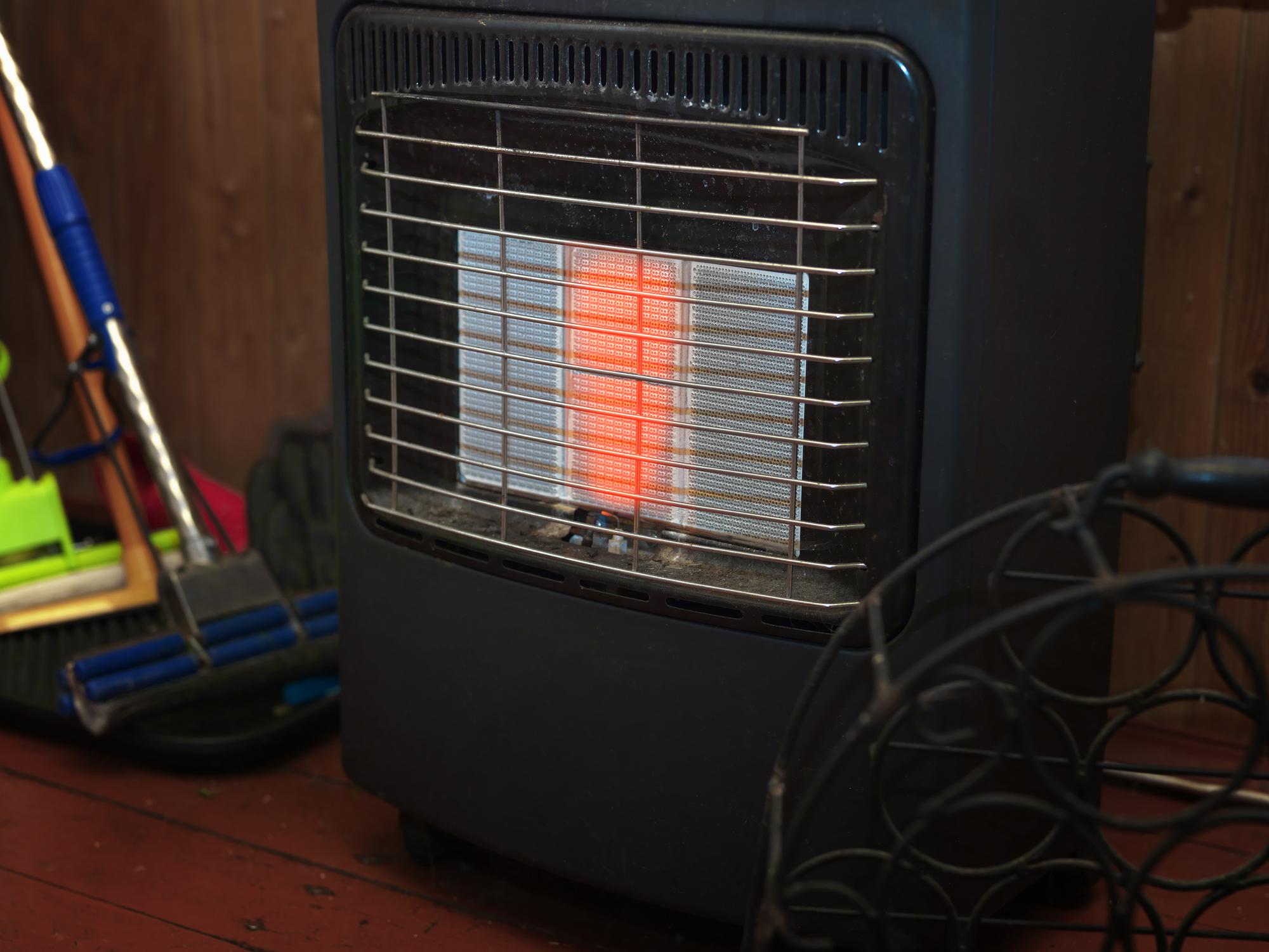Oil heaters are popular for home heating, especially during the colder months. However, there are often concerns regarding their safety. This comprehensive guide will explore the safety of oil heaters, detailing potential risks and providing tips for safe usage.
Oil heaters, also known as oil-filled radiators, are widely used in households. They offer efficient, long-lasting warmth but come with safety considerations. Understanding these can help you use your oil heater safely and effectively.
Key Safety Features of Oil Heaters
Modern oil heaters have several safety features to prevent accidents and ensure safe operation. Here are the primary safety features to consider:
- Tip-Over Switch: This feature automatically shuts off the heater if it is knocked over, preventing fire hazards.
- Overheat Protection: Shuts down the heater if it overheats, protecting against potential burns and fires.
- Thermostat Control: Allows precise temperature regulation, reducing the risk of excessive heat.
- Cool-Touch Housing: Ensures the exterior remains cool to the touch, preventing burns on contact.
- Tilt Sensor: Similar to the tip-over switch, it cuts off power if the heater is tilted beyond a certain angle.
While no appliance is entirely without risk, oil heaters are among the safest options when used correctly. Here’s why:
- No Combustion: Unlike other heaters, oil-filled radiators do not burn oil; they use it as a heat reservoir, meaning no combustion gases are produced, making them safer for indoor use.
- Stable Heating: Oil heaters provide consistent and stable heat, reducing the fire risk compared to heaters that produce rapid and intense heat.
- Low Surface Temperature: Oil heaters' surface temperatures are relatively low, minimizing the risk of burns if accidentally touched.
Potential Risks and How to Mitigate Them
Despite their safety features, oil heaters still pose some risks. Here’s how to mitigate them:
- Overheating: Ensure your heater has overheating protection and avoid covering it with clothing or blankets.
- Placement: Keep the heater at least three feet away from flammable materials and avoid placing it on carpets or rugs unless the manufacturer recommends it.
- Supervision: Never leave an oil heater unattended for long periods, especially around children or pets.
Benefits of Using Oil Heaters
Oil heaters offer several advantages over other types of heaters:
- Energy Efficiency: Oil heaters are nearly 99% energy efficient, making them cost-effective in the long run.
- Quiet Operation: Unlike fan heaters, oil heaters operate silently, making them ideal for bedrooms and living rooms.
- Durability: With proper care, oil heaters can last for 10-15 years, providing long-term heating solutions.
- Consistent Warmth: They retain heat for longer, ensuring your room stays warm even after turning off the heater.
Comparing Oil Heaters to Other Heaters
Oil Heaters vs. Fan Heaters:
- Cost: Fan heaters are cheaper upfront but consume more electricity.
- Heat Retention: Oil heaters retain heat longer, making them more efficient for prolonged use.
Oil Heaters vs. Halogen Heaters:
- Safety: Oil heaters are safer due to lower surface temperatures and no emission of gases.
- Cost: Halogen heaters are less expensive but less efficient in heating larger spaces.
Ensuring Safe Usage of Oil Heaters
In conclusion, oil heaters are among the safest heating options available. You can enjoy their benefits without worrying about safety issues by understanding their features and following proper usage guidelines. Regularly inspect your heater for signs of wear and tear and follow the manufacturer's instructions for safe operation.
For expert advice and assistance with your heating appliances, consider contacting HVAC | Electric & Appliance repair services. Our professionals are here to ensure your home stays warm and safe all year round.
Are oil heaters dangerous? With the right knowledge and precautions, they can be one of your home's safest and most effective heating solutions.

